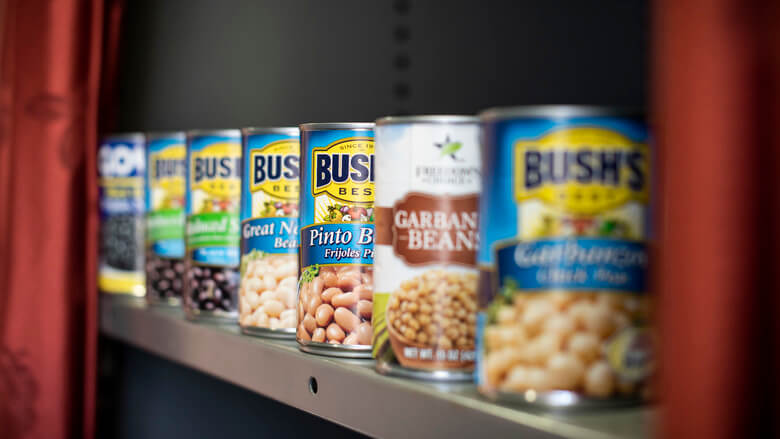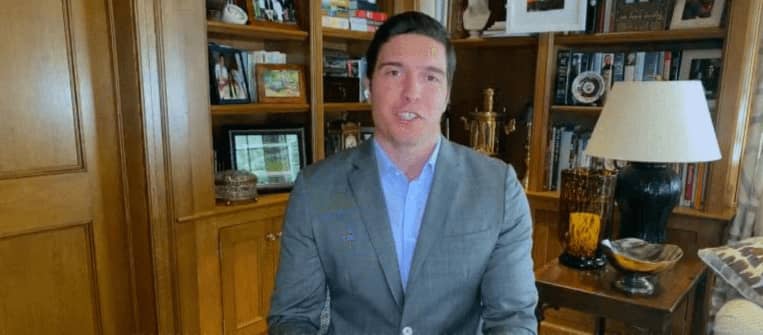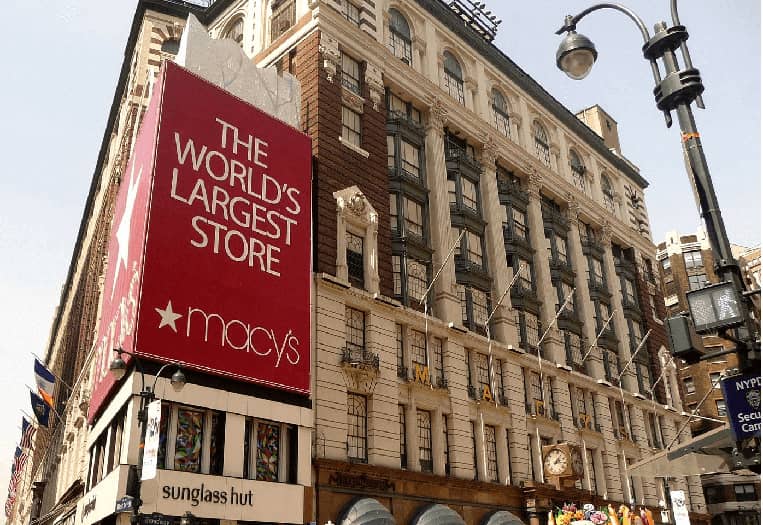UN Warns Of A Possible Food Crisis Due To Coronavirus
 Shutterstock
Shutterstock Reading Time: 2 minutes
Could a food crisis be on the horizon as the world deals with the coronavirus pandemic? The United Nations Food and Agriculture Organization is warning of the possibility.
According to CNBC, the FAO has said a “looming food crisis” is possible unless something is done soon. This could include price spikes among certain food items.
The UN Predicts A Food Crisis In Midst Of Coronavirus
“We risk a looming food crisis unless measures are taken fast to protect the most vulnerable, keep global food supply chains alive and mitigate the pandemic’s impacts across the food system,” reads a post on the FAO’s website.
RELATED: BILL GATES PREDICTS WHEN THE CORONAVIRUS CRISIS MIGHT END
Current coronavirus restrictions could have an effect on farming and food processing. This includes challenges in moving food, due to challenges such as border closures. The FAO predicts that there is likely less of “high-value commodities” like fruits and vegetables being produced.
Disruptions in food supply chains might be interrupted by April or May. Prices are more likely to spike on items like meat and perishables, rather than major staples.
Will There Be Enough Food During The Pandemic?
The FAO emphasizes that “there is no need for the world to panic,” adding, “Globally, there is enough food for everyone.” A food crisis is “entirely avoidable” if policy-makers respond correctly to the challenges.
RELATED: AFTER TOILET PAPER, PEOPLE ARE HOARDING GUNS DURING CORONAVIRUS OUTBREAK
“Overall, avoiding any trade restrictions would be beneficial to keep food and feed supplies, as well as those of agricultural inputs, from worsening local conditions already strained by COVID-19 response measures,” the organization shared.
According to Bloomberg, some countries have started taking measures to stop exports of certain items. Kazakhstan, for example, banned exports of wheat, carrots, sugar, and potatoes. Experts advise against these types of policies.
“If governments are not working collectively and cooperatively to ensure there is a global supply, if they’re just putting their nations first, you can end up in a situation where things get worse,” Tim Benton on Chatham House told the outlet.













